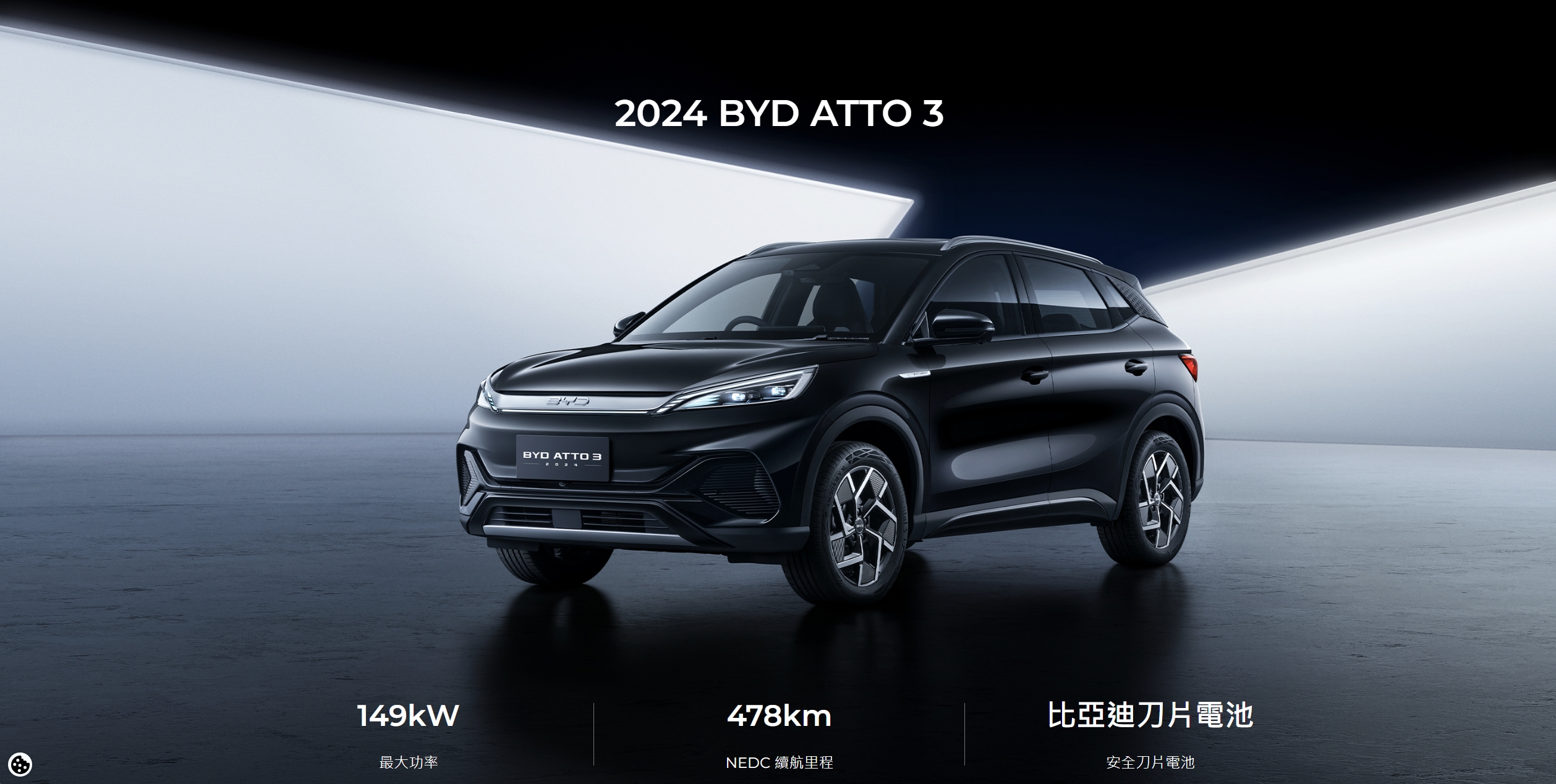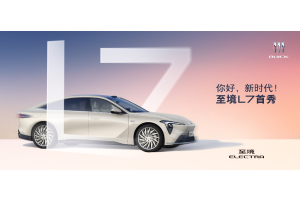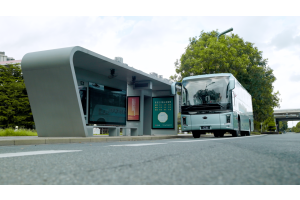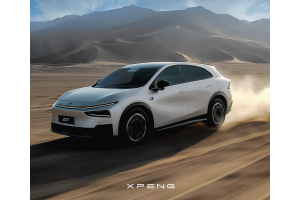China to Lead Global Car Exports in 2025 Despite EU Tariffs

China's EV Global Expansion: Performance and Challenges
Export Growth and Market Performance
China's electric vehicle exports continue their strong growth trajectory in 2025 despite facing multiple challenges. The first two months of 2025 saw 360,000 NEVs exported, representing a 26% year-on-year increase. Industry projections suggest China will maintain its position as the world's largest auto exporter with 5.58 to 6.2 million vehicles shipped globally this year, though growth rates are moderating compared to previous years.
Market Composition and Pricing Strategy
The export portfolio shows 96% passenger vehicles, with a significant shift toward premium segments. Vehicles priced between $20,000-$30,000 account for 42% of exports, while high-end models above $40,000 comprise 18% - demonstrating China's move beyond price competition to technology and brand-driven value. Notably, Chinese EVs exported to Belgium average over €30,000 per unit, confirming their competitive positioning in developed markets.


BYD Yuan PLUS: A Global Success Story
The BYD Yuan PLUS(Known as BYD Atto 3) emerged as the export champion in early 2025 with 13,549 units shipped in two months. Its success stems from German-tuned chassis engineering, blade batteries operable at -40°C, L2 autonomous driving, and cultural adaptations like prayer time reminders for Muslim users. In Thailand's EV market, it holds a remarkable 33% share of pure electric sales, earning its "global car" reputation.



Technological Breakthroughs
Chinese manufacturers are redefining industry standards through innovation. BYD's 1000V high-voltage platform with 1360kW ultra-fast charging achieves 80% charge in 6 minutes, while keeping battery cost premiums at just 5-8% above conventional units - shattering the traditional cost-speed tradeoff.
Navigating Trade Barriers
Facing the EU's 35.3% punitive tariffs, Chinese automakers are adopting sophisticated localization strategies. BYD is establishing production in Hungary, while Chery collaborates with Spanish partners for European manufacturing. This transition from "Made in China" to "Made for Europe" demonstrates strategic adaptation to protectionist measures.
Emerging Challenges
Several issues require attention as Chinese EVs globalize:
- After-sales service gaps: Some brands faced criticism in Southeast Asia for inaccurate charging station maps
- Technology dumping allegations: Latin American media have criticized outdated model exports as "technological colonialism"
- Data security concerns: L3 autonomous driving expansion raises questions about global compliance standards
Conclusion
Chinese EVs are achieving global success through technological leadership, cost innovation, and localized production. While trade barriers pose challenges, companies like BYD demonstrate how understanding cultural nuances and user needs creates internationally competitive products. The Yuan PLUS exemplifies China's evolution from manufacturing competence to consumer-centric innovation.
Reported by Xiao Mi, TopUsedCars.com Automotive Industry Correspondent








